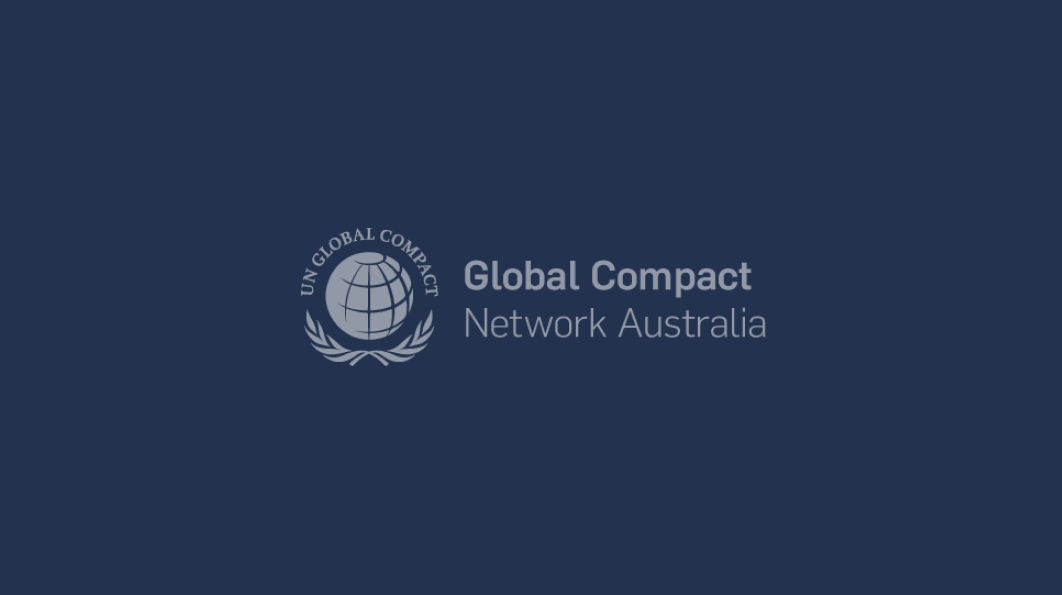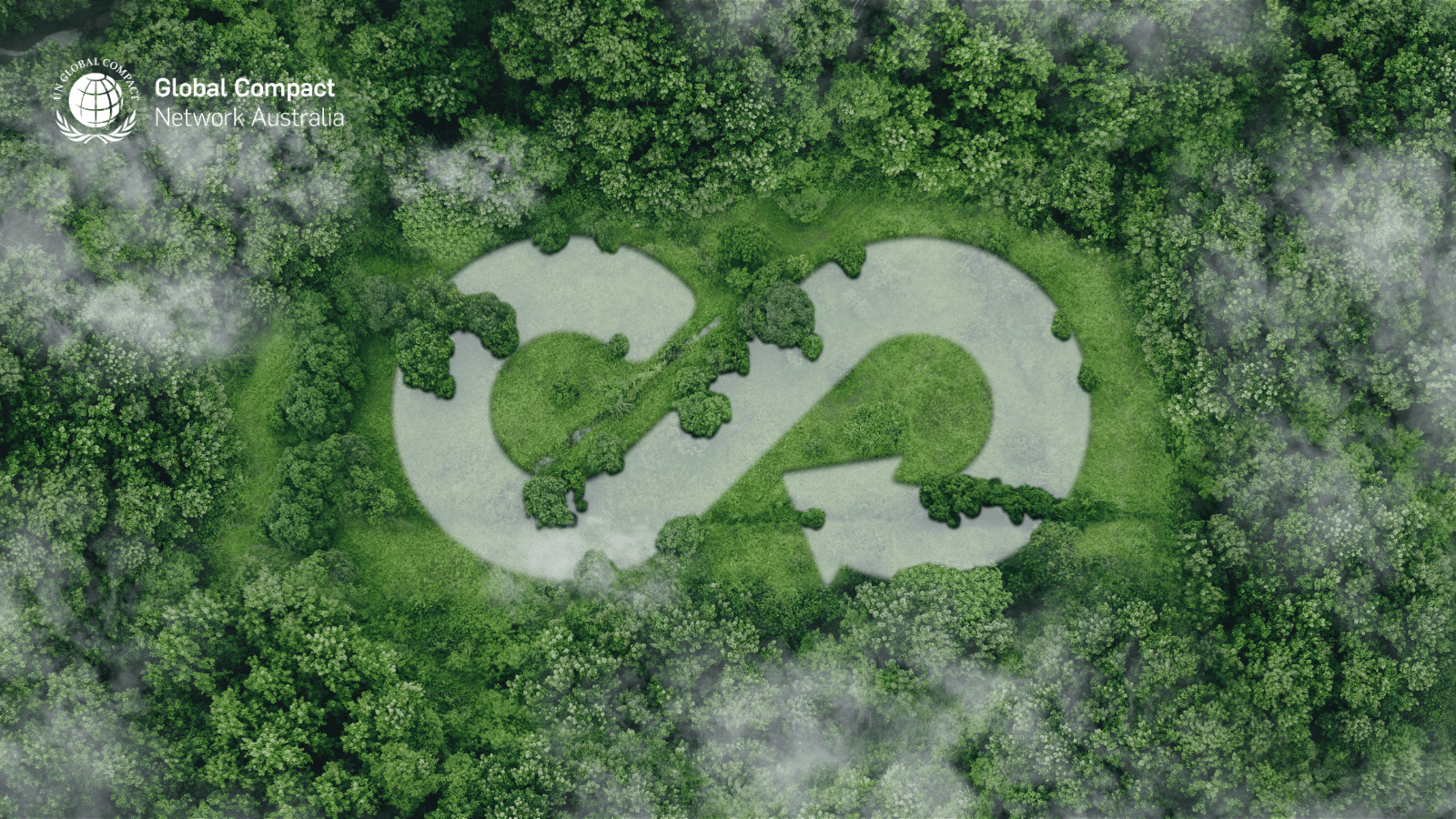
Environment & Climate Change, News
Inequality, Polarisation, Environmental Danger and Declining Trust: Corporate Leadership Critical to Addressing Global Risks
UN Global Compact Network Australia | January 30, 2017
Increasing inequality, societal polarisation and intensifying environmental dangers are driving key global risks. At the same time, trust in institutions – government, business, the media and even NGOs – has declined broadly. In the face of this, the need for responsible, principled and forward-looking corporate leadership has never been greater – nor has the compelling business case for action.
This month, the World Economic Forum published its 2017 Global Risk Report, which states that economic inequality, societal polarisation and intensifying environmental dangers are the top three trends that will shape global developments over the next 10 years. The report also identifies environmental and geopolitical risks perceived to be most pressing, with extreme weather events topping the list.
To counter the trends identified, the WEF report argues that action is needed to tackle the following key challenges:
- revitalising global economic growth;
- fostering greater solidarity and long-term thinking in market capitalism;
- recognising the importance of identity and inclusiveness in communities;
- managing technological change and its impacts, including on labour markets;
- protecting and strengthening our systems of global cooperation.
To add a further layer to these insights, the 2017 Edelman Trust Barometer reveals that “trust is in crisis around the world”, with declining trust in government, business, the media and even NGOs. Trust in business has dropped significantly (52% globally; 48% in Australia) as has CEO credibility (37% globally; 26% in Australia).
Further, over half (53% globally; 59% in Australia) of respondents believe the current overall system has failed them, is unfair and offers little hope for the future; only a small group think it is working (15% globally; 11% in Australia).
In short, business’ social licence to operate is at risk.
So what can business do?
While showing declining trust in business, the 2017 Edelman Trust Barometer also highlighted that people expect business to lead, with 75% of respondents agreeing that companies can take actions that both increase their profits and improve the economic and social conditions in the communities in which they operate.
The world has already agreed a framework to tackle many of the challenges identified by the WEF, and the implementation of which will in turn build trust: the UN’s Sustainable Development Goals (SDGs). The 17 SDGs cover multiple facets of sustainable development, including specific goals on decent work and economic growth (Goal 8) and reduced inequalities (Goal 10) – and inclusion is embedded across the goals and targets of the SDG agenda. Environmental risks are also central to the SDG agenda, including on responsible consumption and production (Goal 12), climate action (Goal 13) and biodiversity (Goals 14 and 15). Given the interconnectedness of the trends and risks facing us, though, implementation of all SDGs will help address the challenges identified.
For business, the SDGs provide a legitimate and practical framework for understanding how to put people at the centre of strategy, identify partners with aligned priorities, and contribute solutions to global challenges and risks. More specifically, business should:
- Identify and address any negative economic, social and environmental impacts. Are you looking after your employees? Are you addressing human rights impacts in your value chain? Are you mitigating your environmental footprint? Are your products and services accessible? Do your innovations and new technologies have unintended social consequences? Are you ensuring an ethical culture? Are you paying a fair share of taxes? Are you being transparent about your impacts and your efforts to address them?
- Find opportunities for positive impact. Can you engage in public policy dialogue to encourage inclusive growth? Could you develop new products, services or business models that contribute to social inclusion or address environmental risks? Are you fostering inclusion in your workplace, marketplace and community? How can you support civil society to flourish?
Perhaps most importantly, collaboration within and between sectors will be key. Not only do the SDGs recognise this (partnerships is its own goal (Goal 17)); the World Economic Forum does too:
“Issue-specific and organization-specific silos will need to be dismantled across the public and private sectors throughout the world economy. In their place, new multi-actor alliances and coalitions for action will need to be built, cutting horizontally across traditional boundaries of interest, expertise and nationality.” (World Economic Forum, 2017 Global Risks Report)
The World Economic Forum also makes the case for business to specifically support the maintenance of an open civic space. At a time of political instability and market failings, civil society organisations are central to empowering societies and rebuilding links between the people, government and business.
Businesses looking to thrive into the future must recalibrate their relationship with society by supporting inclusive and sustainable growth, managing technological change including impacts on the labour market, and strengthening collaboration between all sectors. The SDGs provide a framework and strategy for action.


